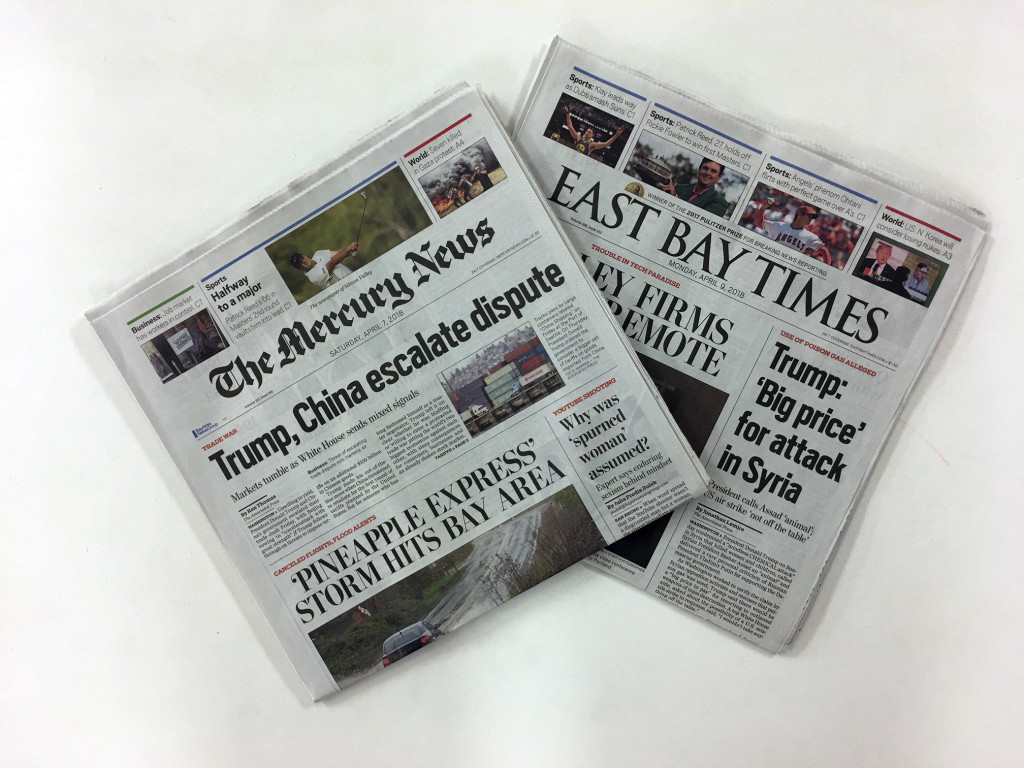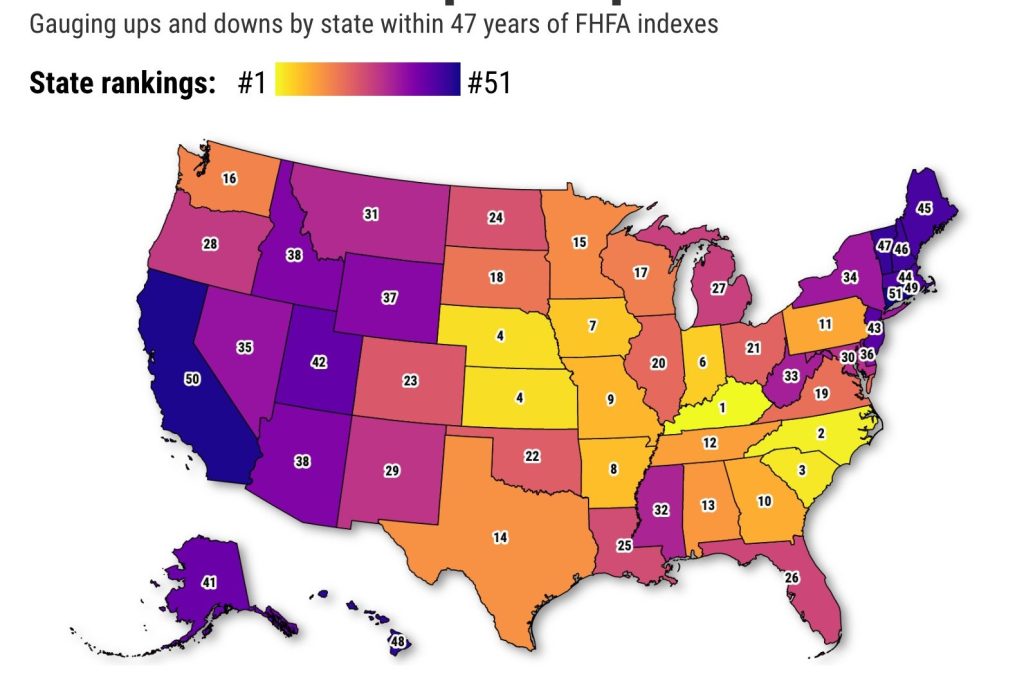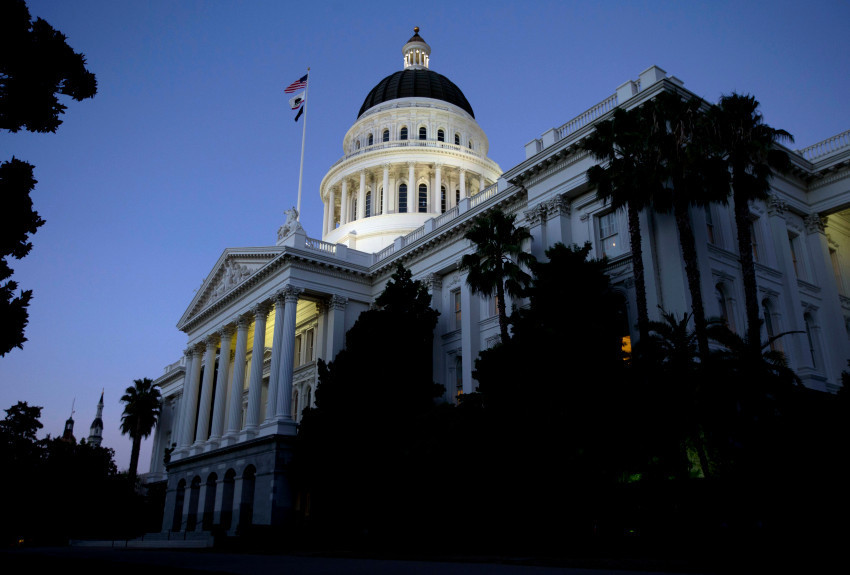Negotiations over the future of gig-economy workers have dragged in legacy professions and now are threatening the future of newspaper deliveries in California.
The showdown in the state Capitol over the employment status of gig workers has profound implications for companies such as Lyft, Uber, DoorDash and Postmates. But while those companies and labor leaders do battle, the outcome could seriously affect industries such as insurance, hairstyling, real estate, medicine and, yes, newspapers.
This wasn’t our fight originally. Our industry has been struggling, but we are making strides to ensure our future and don’t need setbacks that only make it harder. All we ask is that state lawmakers do us no harm — that, to help ensure the survival of local journalism, they let us continue operating under the same rules that have governed us for more than 40 years.
The state battle centers around when a worker is an independent contractor or a company employee. The line seemed pretty clear until the state Supreme Court issued its sweeping Dynamex ruling last year that reset the boundaries. Then, this year, lawmakers went to work drafting legislation, Assembly Bill 5, that determines which industries, and which jobs, would be affected by the court ruling.
The big debate is over whether gig workers, who can choose which and how many hours they work, are independent contractors or company employees with the full load of associated benefits. The governor has urged the two sides to strike a compromise, but a deal thus far has been elusive.
Meanwhile, we in newspapers are left standing in the line of uncertainty. The primary concern for us is the designation for our carriers, the people who deliver the papers to your home.
Carriers in California are essentially small, part-time businesses. Long-established state regulations ensure newspaper carriers have the freedom of independent contractors, that they can pick their routes and negotiate their rates.
Carriers often deliver for more than one newspaper. So classifying them as employees of a single publication would limit their opportunities, undermine the distribution efficiencies and drive up the cost of newspaper delivery to levels that are unsustainable for the industry and too pricey for customers.
While we are building our online platforms, it’s important to recognize that a significant segment of our customers still prefer to hold a daily newspaper in their hands. They either don’t have a computer or smart phone or they don’t want to depend on it to get their news. They appreciate the value of local daily professional journalism.
The carrier system has worked for decades delivering their morning paper. It makes little sense to undermine it now. Losing carriers would not only cost jobs, it would do lasting harm to already-struggling newspapers that provide a critical public service.
While lawmakers debate the future of the gig economy, they shouldn’t cripple journalism and their constituents’ access to a free press.










